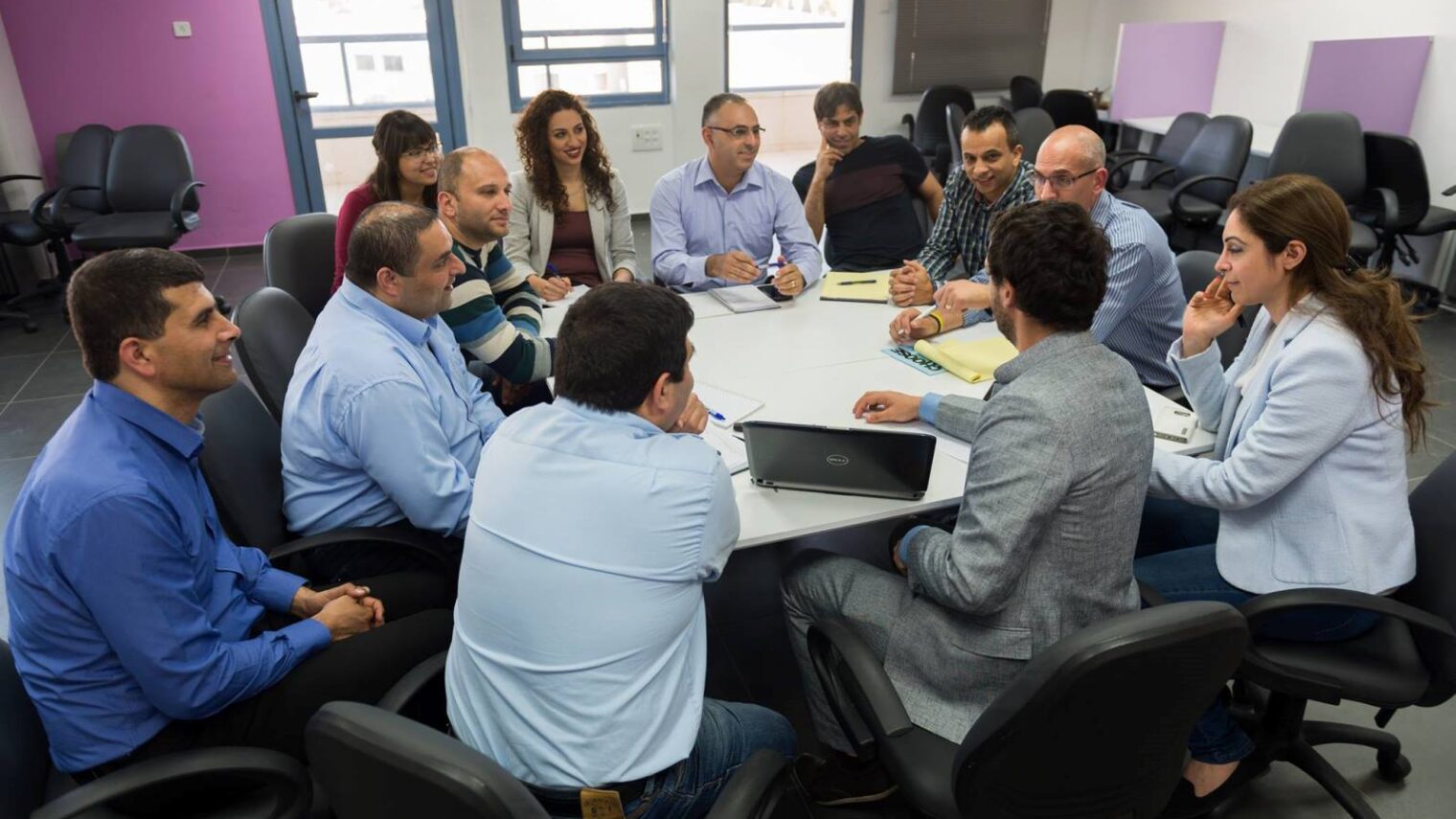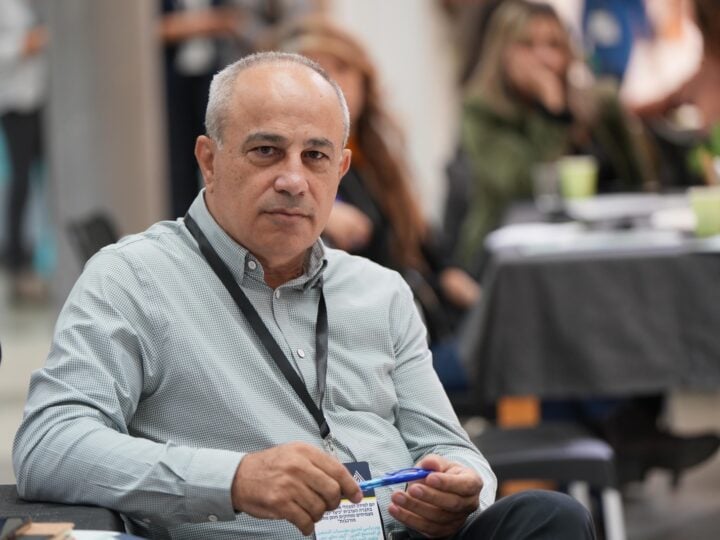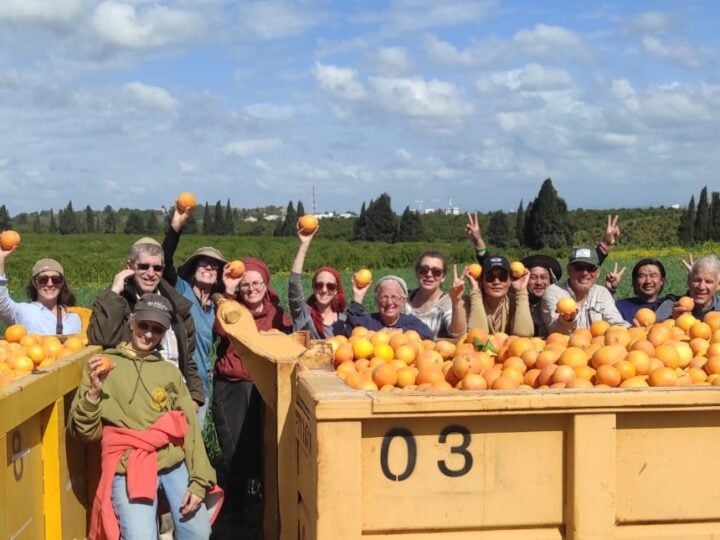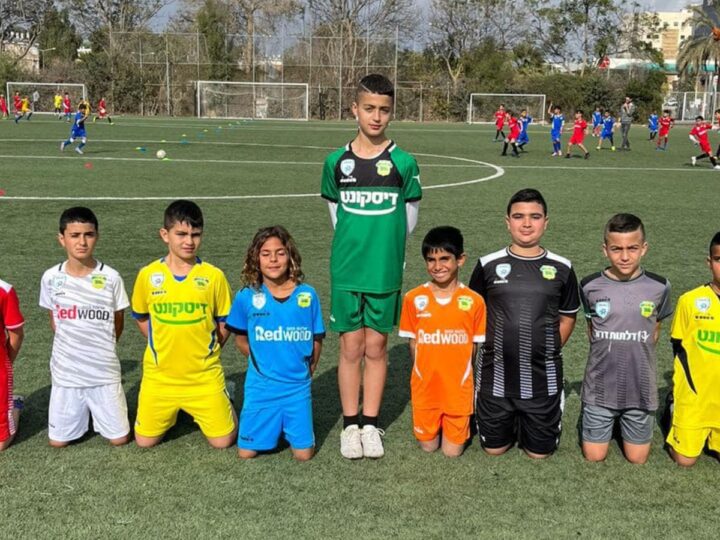There’s something very unusual about Hybrid, the Israeli Ministry of Economy and Industry’s new accelerator for startups in the Arab sector, recently launched at the Nazareth Business Incubator Center (NBIC).
The unusual aspect is that it leverages the expertise and connections of Israeli military veterans. Specifically, Hybrid teams up early-stage Arab-Israeli entrepreneurs with members of the 8200 Alumni Association.
This elite group of veterans of the IDF Intelligence Corps’ Unit 8200, which specializes in signal intelligence and code decryption, has spawned some of Israel’s most successful high-tech executives.
“We know that 70 percent of successful Israeli startups are led by 8200 graduates,” says NBIC Director Fadi Swidan, who co-directs Hybrid with Eitan Sella, a former entrepreneur and 8200 alumnus.
“They have their own NGO, 8200 EISP, to help them run their startups and they have a lot of connections available at all stages,” Swidan tells ISRAEL21c. “These people can help our entrepreneurs to connect with the startup ecosystem because they already have a solid position within it.”
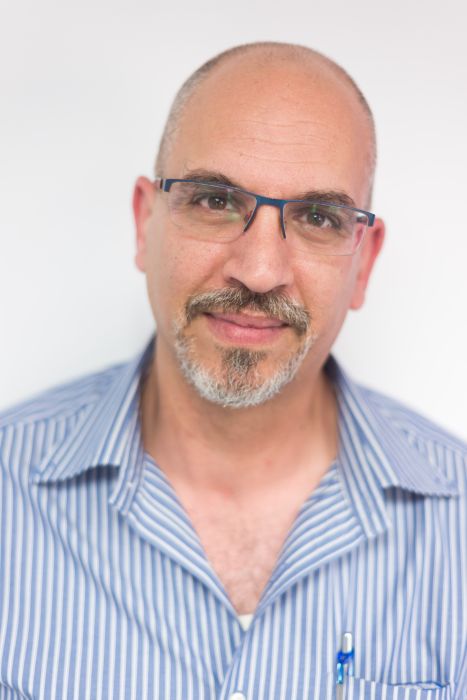
Trying to get a foot in the door
NBIC began in 2012 to give Arab high-tech entrepreneurs the expertise and business knowhow to advance their startups, as part of a 2007 governmental policy prioritizing the inclusion of the Arab population in the Israeli high-tech sector.
NBIC’s nazTech— the first technology startup accelerator for the Arab community in Israel — continues to assist more than a dozen graduates in the fields of IoT, smart cities, cybersecurity, medical devices, automotive, ag-tech and construction technology.
However, getting a foothold in the startup world proved elusive, says Swidan. Though the Arab startups won government grants, they weren’t attracting investors and mentors. He believes this is not due to discrimination but rather due to a fundamental disconnect: Most of the Arab entrepreneurs are mid-career, not 20-somethings, and they live in the Galilee far from the center of the country.
“Everyone is happy to see us do startups, but Arab entrepreneurs are not the exact profile they usually invest in,” Swidan says. “I saw that to get recognition we have to run a new program.”
The nonprofit accelerator is called Hybrid because it’s based in both Nazareth (a majority Arab city) and Tel Aviv, though it is open to Arab startups from other parts of Israel.
“We will have a lot of events and meetups in Tel Aviv so our entrepreneurs can be part of the ecosystem, and when they approach investors they will not be coming out of the blue,” says Swidan. “This is about real and active engagement with the Tel Aviv ecosystem.”
Ran Kiviti, director of the Small and Medium Businesses Agency at the Ministry of Economy and Industry, said that while platforms like Hybrid “are necessary for any startup founder, including army intelligence graduates living in Tel Aviv, they are even more crucial in the North.”
‘The year of the Arab-Israeli entrepreneur’
Kiviti voiced his hope that Hybrid graduates “will be uniquely equipped with the skills and connections required in order to transform their technological ideas into businesses – and will serve as role models for other aspiring entrepreneurs in their communities.”
About 10 chosen startups in a variety of fields will participate in the first cohort beginning May 1, 2016. Over the course of nearly five months, they will get assistance in networking, mentoring, validating their early products and growing into functional companies, says Swidan.
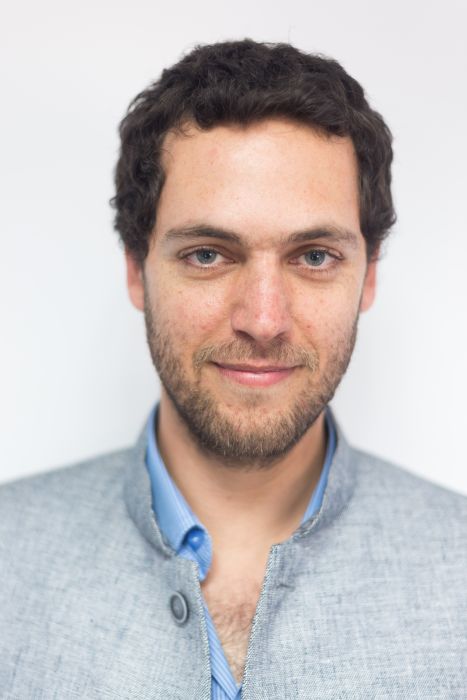
Co-director Sella says he is confident that “2016 is the year of the Arab-Israeli entrepreneur.”
“Business opportunity in this sector is ripe, in terms of the availability of unprecedented government assistance for initiatives from the Arab sector, increasing interest from the Israeli high-tech ecosystem and its potential to serve as a bridge between Israeli tech and the Arab-speaking market worldwide,” says Sella.
Swidan adds that Hybrid will also work on making a social impact in the Arab business community. “Traditionally they have been afraid to invest in high-tech for lack of understanding and connections in the high-tech industry. If we can encourage them to take part, this will in turn make it easier to encourage more entrepreneurs.”
Hybrid’s strategic partners include The Authority for Economic Development for Minorities, Poalim Hi-Tech, EMC Center of Excellence, Shibolet & Co. Law Firm, SAP Labs Israel and Galil Software.
“Many of our startups already have prototypes and grants from the Office of the Chief Scientist and now they just need to connect and get investments to be a success story,” says Swidan. “Maybe we’ll make a unicorn.”
For more information, click here.




